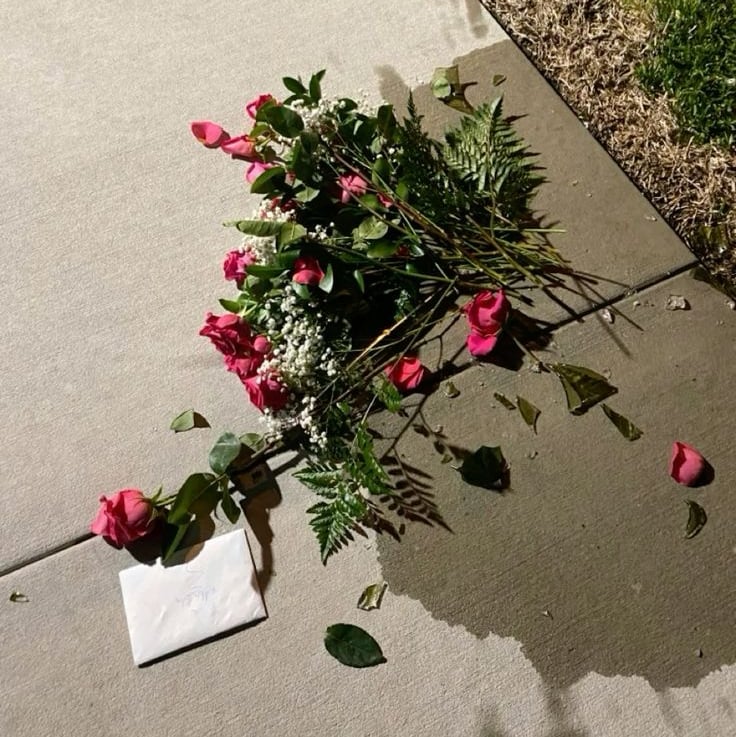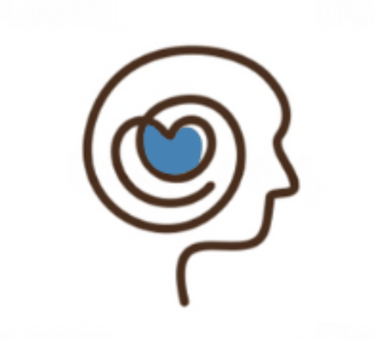Love or Lies? How to Spot and Handle Toxic Relationships
Navigating relationships can be challenging, but you deserve to be surrounded by people who uplift and respect you. Recognizing toxic relationships and taking action to protect your well-being is an act of self-care and self-love.
Lexi Serna
2/20/20253 min read


Being a teenager can feel like a rollercoaster ride—full of emotions, new experiences, and self-discovery. Relationships, whether romantic, platonic, or family-based, can sometimes become complicated. Unfortunately, some relationships turn toxic, leaving you feeling drained, confused, and isolated. Recognizing these unhealthy dynamics and knowing how to cope is essential for your mental and emotional well-being. In this article, we’ll explore how to spot toxic relationships and share effective strategies to help you navigate them.
What Is a Toxic Relationship?
A toxic relationship is one where interactions consistently leave you feeling bad about yourself. These relationships are marked by negativity, manipulation, and a lack of healthy communication. Toxic people often make you feel anxious, drained, or unworthy. You might find yourself constantly walking on eggshells or giving more than you’re receiving.
Common Signs of a Toxic Relationship:
Constant Drama: There’s always conflict, stress, or emotional chaos.
Lack of Respect: Your boundaries and feelings are ignored or belittled.
Manipulation: The other person guilt-trips you, plays mind games, or makes you feel responsible for their actions.
Emotional Drain: After spending time with this person, you feel exhausted or less confident.
Gaslighting: They manipulate you into questioning your reality, memories, or sanity.
If any of these red flags sound familiar, you might be dealing with a toxic relationship. It’s important to recognize the warning signs early before they impact your mental health.
How to Deal with Toxic Relationships
1. Recognize the Signs and Trust Your Feelings
The first step is acknowledging that you’re in a toxic relationship. Trust your instincts—if you feel unhappy, anxious, or unsafe around someone, those feelings are valid. Sometimes, we excuse unhealthy behaviors to avoid hurting others or out of fear of being alone, but prioritizing your well-being is essential.
2. Set Boundaries
Healthy relationships are built on mutual respect and understanding. Set boundaries to protect your emotional well-being. This could mean limiting time spent with someone or clearly communicating how you expect to be treated. If someone’s words or actions hurt you, it’s okay to say, “I don’t appreciate when you speak to me that way.”
3. Communicate Clearly
Effective communication is key. When dealing with a toxic person, express your feelings calmly and assertively. Use “I” statements to avoid sounding accusatory, such as:
✔ “I feel hurt when you ignore my boundaries.”
✖ “You always ignore my boundaries.”
This approach can help prevent unnecessary conflict and make your message clearer.
4. Surround Yourself with Positive People
Spend time with those who uplift and support you. True friends respect your boundaries and listen to your feelings. Seek support from trusted family members, counselors, or mentors. Remember, you don’t have to face this alone.
5. Practice Self-Care
Toxic relationships can be emotionally exhausting, so prioritize self-care. Engage in activities that bring you joy, such as:
Drawing or painting
Playing sports
Spending time in nature
Journaling or mindfulness
Taking care of your mental and physical health is crucial for healing and resilience.
6. Know When to Walk Away
Sometimes, the healthiest choice is to step away from toxic people. Letting go doesn’t mean you don’t care—it means you value yourself enough to prioritize your well-being. It can be difficult, but distancing yourself from toxic influences opens the door for healthier relationships.
Resources for Help
If you’re struggling with a toxic relationship, you’re not alone. Here are some resources that can help:
National Domestic Violence Hotline: 1-800-799-SAFE – Confidential support for those experiencing abuse or unsafe relationships.
Teen Line: teenline.org – A safe space to talk about relationships, mental health, and personal challenges via call, text, or email.
Love is Respect: loveisrespect.org – Support for young people experiencing dating abuse or unhealthy relationships, offering confidential chats and texts.
Talk to a Counselor or Therapist: A professional can help guide you through emotional challenges related to toxic relationships. Start by speaking to a trusted adult or school counselor.
Trusted Adults: Whether it’s a parent, guardian, teacher, or mentor, confiding in someone can provide emotional support and guidance.
- Lexi
